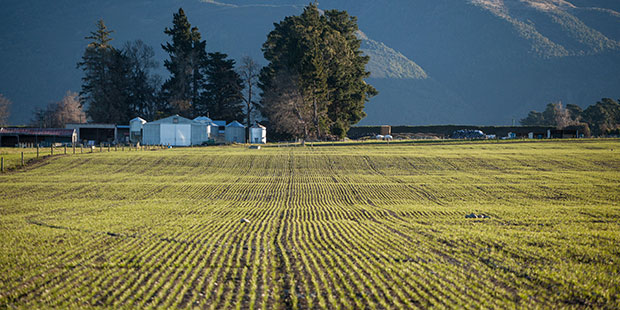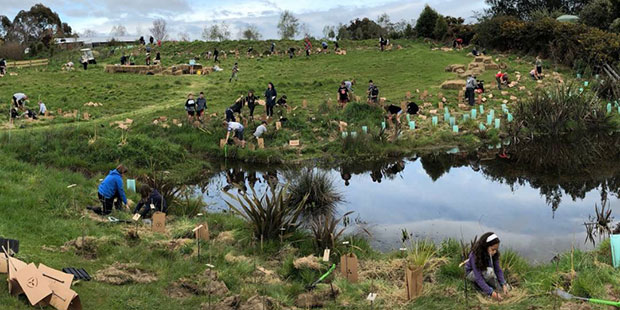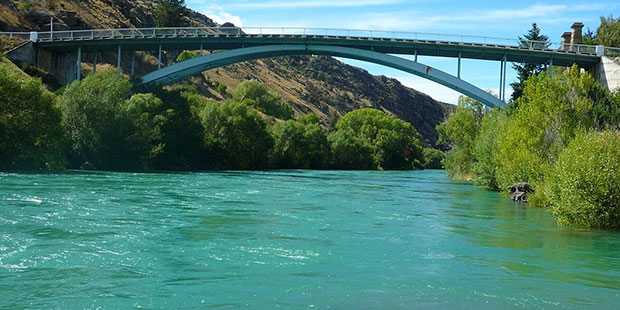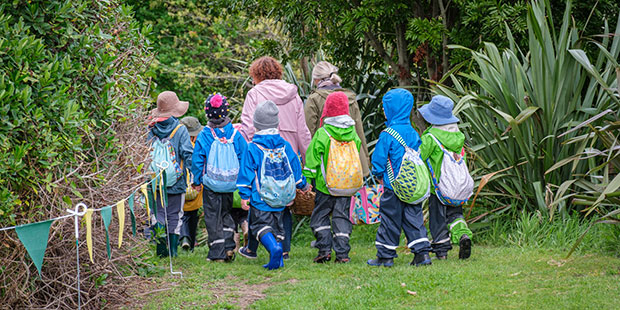Farmers have ‘good’ water problem
They have few water quality issues –but pro-active farmers want to keep it that way.


A group of farmers in an idyllic South Island rural valley are preparing to tackle a water problem they say is, well, not really much of a problem at all.
The newly formed Teviot Valley Water Care Group (TVWCG) has its eye on improving water quality in the district, even though it’s already “pretty good”, according to the group’s president, Austin Garden.
Garden, who runs a 2500ha sheep and beef farm in the valley, says farmers in the area operate in a relatively dry rainfall area and don’t have much of a water quality problem: “Although we don’t have too many water issues, we want to keep it that way - and there is always room for improvement.”
Garden says one of the group’s goals is to help farmers comply with new freshwater regulations: “We want to know what we have to do (to be compliant), “he says. “But the much broader goal is to promote good farming practices and sustainable land management in the valley and it is this which is at heart of what we are doing.”
Teviot Valley, a 100,000ha catchment bordering both sides of a 40km stretch of the Clutha Mata-Au River in central Otago is located near the small township of Roxburgh. It contains primarily sheep and beef farms although there are a number of dairy farms as well.

Image / Supplied.
Image / Supplied.
Garden says around 35 farmers make up the TVWCG which was established in September. It plans to hold meetings, workshops and field days to promote good land and farm practices, including the development of farm environment plans. It is hoping to eventually involve all landowners in the area.
All farms in the valley run to the banks of the Clutha Mata-Au which is the longest river in the South Island and second-longest in New Zealand. It flows for over 300km from its source at Lake Wanaka in the Southern Alps through central and south Otago to the coast where it flows into the sea about 75km south of Dunedin.
But, says Garden, the Clutha itself is not the direct target of the group’s work: “Our real aim is to maintain water quality in the smaller tributaries and feeder streams which run into the Clutha, including the smaller Teviot River.”
He says TVWCG aims to encourage farmers and other landowners to do their own monitoring of the valley’s water quality - and is looking to set up systems that make this not only easy but as cheap as possible - along with advice on options for fencing off grazing crops and waterways on individual properties.
Although the reaches of the Clutha Mata-Au in the Teviot Valley district are not as impacted by environmental issues, the fact that the upper reaches are coming under pressure from problems such as nutrient run-off and land clearance, demonstrates why the valley’s farmers need to take action Garden believes.
He is also drawing on his experience as a member of the Pomahaka Water Care Group in nearby west Otago (he also owns a dairy farm in this district) where actions by the farmer group there have resulted in some spectacular environmental gains.
Testing shows bacteria levels in some areas of the Pomahaka have dropped by up to 90 per cent and nitrate leaching by between 30 and 40 per cent as a result of the group’s efforts including extensive riparian planting and fencing off waterways.
The Pomahaka - one of the country’s best trout fishing locations and which is a tributary of the Clutha Mata-Au - is considered the most degraded river in Otago, having suffered degradation over a long period of time.
“We’ve learnt a lot at Pomahaka and I believe we can use and apply some of these lessons to maintain and improve water quality at Teviot Valley,” he says.
Garden has been running his Teviot Valley farm for about eight years. He runs around 10,000 head of stock on the property including 4500 ewes, 200 beef cows and 300 deer.






